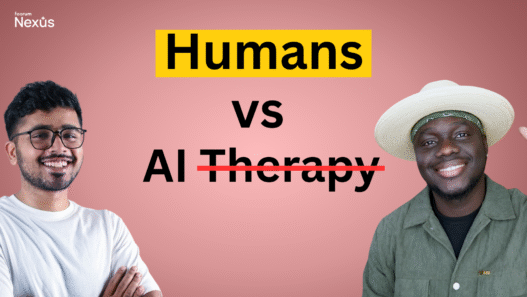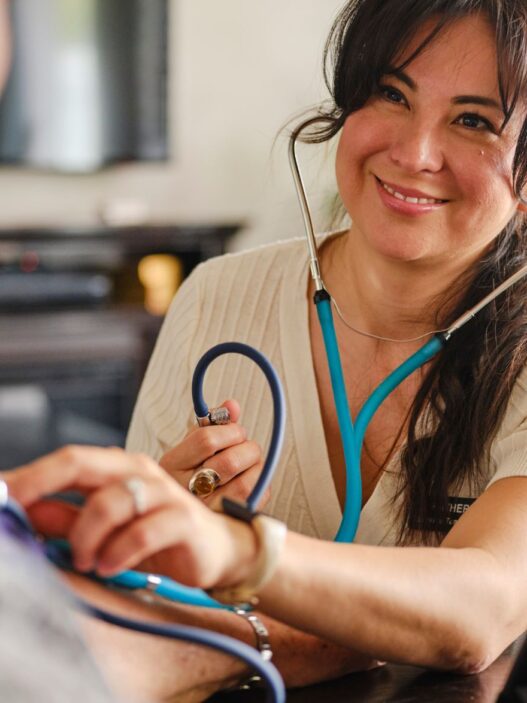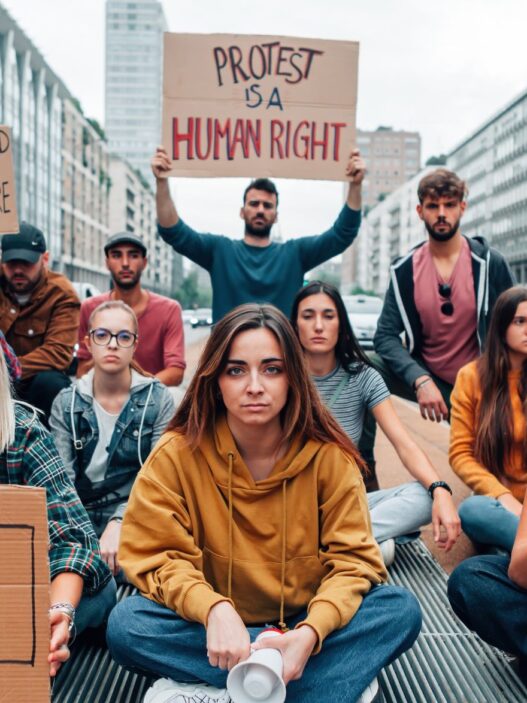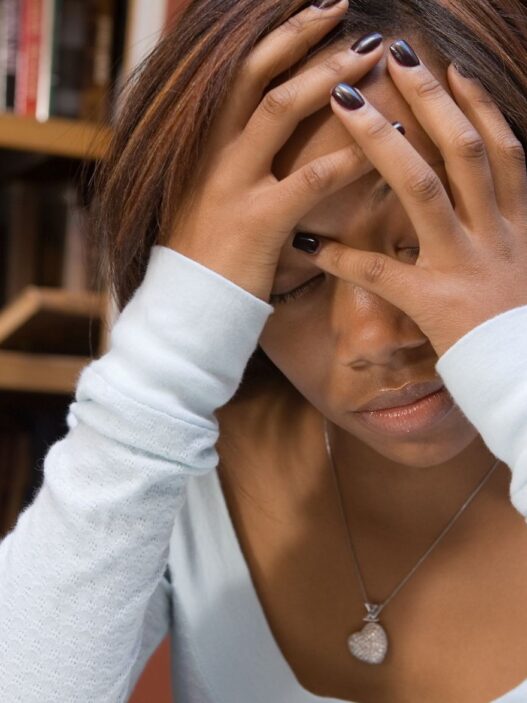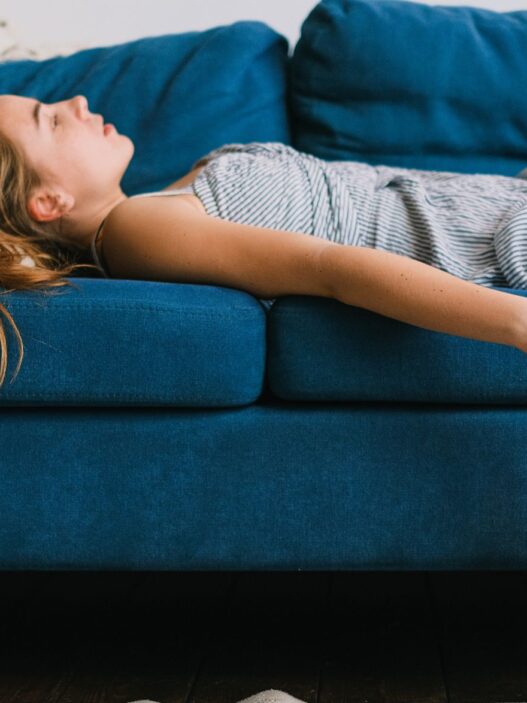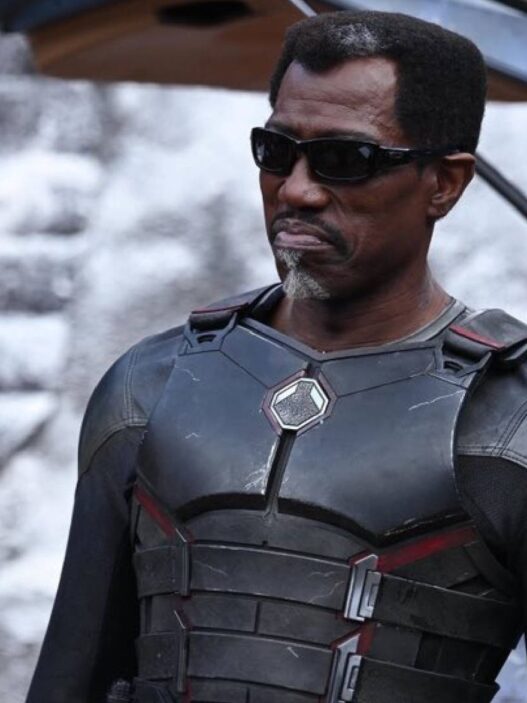A recent shooting in downtown Orlando left the community in shock, as residents deal with the aftermath of yet another tragic event.
Two men are dead, and at least seven people are injured after a shooting early Friday morning in downtown Orlando, according to the Orlando Police Department.
The incident occurred near East Central Boulevard and North Orange Avenue around 1:07 a.m., during a Halloween celebration that drew tens of thousands of people.
The suspect, identified as 17-year-old Jaylen Dwayne Edgar, has been charged with two counts of first-degree murder and six counts of attempted first-degree murder.
The victims ranged in age from 19 to 39, and the chaotic scene left the community grappling with both immediate losses and emotional trauma.
While the direct consequences of shootings are often discussed, the mental health impact on the community is something that doesn’t get enough attention.
The Emotional Toll on Survivors and Witnesses
For those who witnessed the shooting or were nearby, the emotional toll can be significant.
Fear, anxiety, and trauma can affect people for days, weeks, or even years after the incident.
Witnesses may have flashbacks, trouble sleeping, or feel constantly on edge. Some people may develop Post-Traumatic Stress Disorder (PTSD), where they struggle to cope with the overwhelming fear and memories of what they experienced.
Even those who weren’t directly involved can be impacted.
People who live or work near the area of the shooting may feel unsafe or uncertain about their surroundings, leading to increased stress and a sense of vulnerability.
Community Anxiety and Fear
Shootings, especially in public places like downtown Orlando, can lead to widespread community anxiety.
When these events happen, they often make people feel like nowhere is truly safe.
This constant sense of fear can lead to hypervigilance, where individuals are always on the lookout for danger.
It’s emotionally draining and can affect daily life—making it difficult for people to focus at work, maintain relationships, or even enjoy their free time.
The impact isn’t just on adults. Children and teenagers may also feel scared, especially when they see news about shootings on TV or hear adults talking about it.
This can lead to a lasting sense of insecurity and even a reluctance to participate in activities that they used to enjoy.
First Responders and Mental Health
Another group often overlooked when discussing the mental health impact of shootings is the first responders.
Police officers, firefighters, and medical professionals who are called to the scene of a shooting witness the chaos and devastation firsthand.
Over time, exposure to such traumatic events can lead to burnout and secondary trauma, where they start experiencing similar symptoms to those who were directly involved.
Why Mental Health Support Matters
The mental health impact of shootings shows why it’s so important to have support systems in place.
After a shooting, many survivors and witnesses could benefit from counseling and mental health services to help them process what they’ve experienced.
Local governments and communities need to ensure that these services are available to those affected.
Mental health care should be prioritized just like physical health care after a traumatic event.
While physical wounds can be treated, emotional wounds are often hidden and can take much longer to heal.
It’s crucial for communities to have resources that help people work through their trauma.
Addressing the Broader Issue
Shootings not only cause immediate harm but also leave a lasting impact on mental health, affecting how people live their lives and feel about their surroundings.
This ongoing anxiety and trauma contribute to a cycle of stress that affects entire communities, not just individuals.
As the Orlando community faces the aftermath of this tragic event, it’s essential to come together and support one another.
Having open conversations about mental health, removing the stigma around seeking help, and providing resources to those who need it can help people recover and rebuild a sense of safety.
Conclusion
The mental health impact of shootings is profound and often under-discussed.
Events like the downtown Orlando shooting don’t just affect the victims—they touch the entire community.
Moving forward, it’s important that we prioritize mental health care, provide support for those impacted, and work towards creating safer environments for everyone.
Without addressing these mental health needs, the scars left by such traumatic events may never fully heal.








